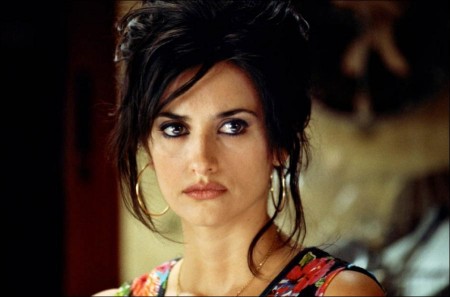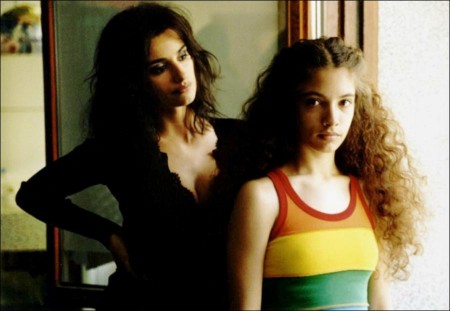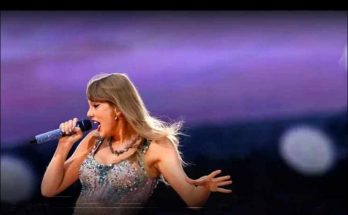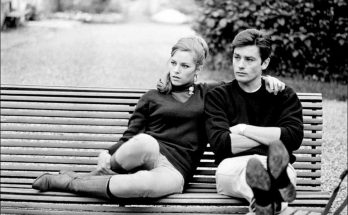Okay. One obvious question. “Volver” means “coming back”, and it’s for you also a coming back to working with Pedro Almodóvar. Was that…? How was the feeling?
Penelope Cruz: Very happy, very, like, wishing that everyone else could accomplish a dream like that. Because for me it was a dream since I was a little girl to work with him, and this was my third time with him, with an amazing character that he gave me and I felt… It was so amazing that feeling, I felt I wish everyone could feel like that, with a specific dream that came true.
It’s taking place in La Mancha, which we all know with a hero having too much fantasy, going wild with fantasy. Do you think that in that a sense Almodóvar is a “man of La Mancha”?
Penelope Cruz: I think in many ways he is because of the way he’s been raised there. Also, surrounded by a lot of women, like his mother, who was a very special person, really smart and funny, and I think had a huge influence on him. And… His mother was not an artist, she was dedicated to her son and daughters, but I think she was an artist inside. And I met her and I loved those conversations with her. She was really special and I think she’s present in all his movies. And the way they live there in La Mancha I think is a very special thing, like you can see in the movie. It has put a mark on him.
It is Almodóvar. Also this movie is creating great characters, female characters, and the word “machismo”, “macho” as we know it, it comes from Spanish, as I learn. So is it that the film is also dealing with how men treating or mistreating women, in the background? So, do you think it tells something also about the relationship between men and women in Spain, or maybe in general?
Penelope Cruz: No. I think it’s also a very universal story, even if part of it happens in La Mancha and part of it happens in Madrid. I feel everyone from anywhere can identify with it because it talks about family and love and the fear of losing those family bondings, and things that have not been resolved and people that walk around with the weight of not having those things solved, and no hope for solving them. And I feel it talks about very universal feelings.
For me it also talked about the fear not only of death but dying alone, because it’s a great emphasis of taking care of mother, daughters, sisters and everything. Was that a fact which you liked when you read the screenplay? Is it also some of your concerns as well?
Penelope Cruz: I think everyone thinks about death and the mystery of death, the fear involved in that. But there are so many things that are scary to me, even sometimes more than that. There are some types of suffering in this world that are really frightening. So I don’t think about death as the most scary thing on earth. There are things that are scarier. Because I don’t see death as the end of everything.
Views: 340




